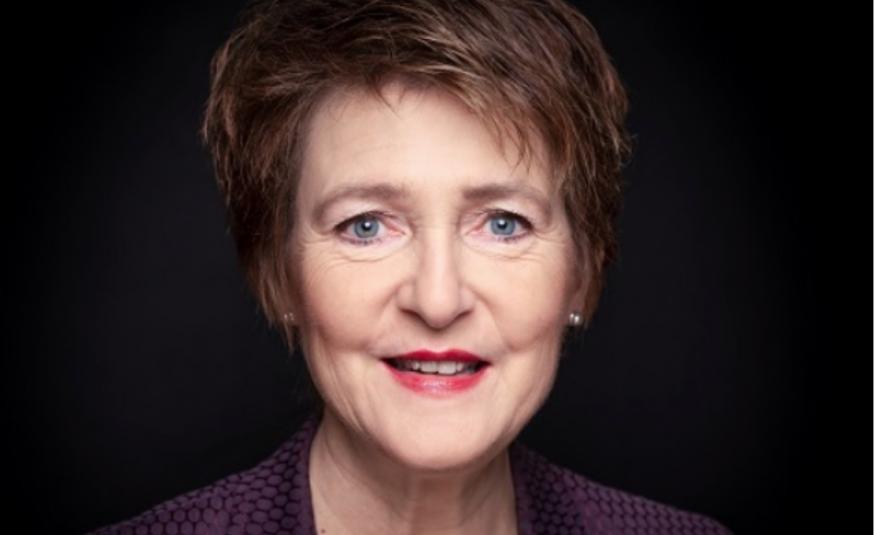The Swiss government announced, 16 April, a three-stage easing of restrictions imposed to suppress the Covid-19 pandemic, with some stores and services allowed to reopen from 27 April.
Covid-19 has killed more than 1,000 people in the ] country but government said it would lift the restrictions currently in force in three stages, beginning on 27 April, with a second stage on 11 May and a third easing from 8 June.
“We have been able to slow down the infections, the hospitals are not overcrowded, which is good news, and we can now foresee some relaxation,” Swiss President Simonetta Sommaruga (pictured) told a press conference in Bern, 16 April.
“The Federal Council also wants to minimise economic damage and reduce restrictions on fundamental rights as much as possible,” a Swiss government statement added.
On 27 April, Switzerland’s retail and cosmetic shops will be allowed to open again, while restrictions on hospitals and medical centres performing non-essential procedures will also be lifted, with doctors, dentists and physiotherapists again allowed to carry out general work which had been restricted by the coronavirus.
From 11 May, compulsory schools as well as all remaining shops and markets will be permitted to open, with a final decision on that being made on 29 April. The government said it expected this to stay in place provided the rate of new infections does not increase unexpectedly.
In order to monitor the process, a contract tracing app will be rolled out across the country.
In stage three, from 8 June, secondary schools, universities and vocational schools will be allowed to open. Libraries, museums, botanical gardens and zoos will also be reopened at this time and restrictions will be relaxed, including the ban on meeting in groups larger than five outside the house under certain conditions.
As for major gatherings like concerts and large events, the Swiss government has not yet set a date.
The German government, meanwhile, has reportedly banned all major events in the country until 31 August.
Bild newspaper reported that the ban would apply to concerts, festivals and sporting events. No number has yet been been given to clarify what qualifies as a 'major’ event in Germany, however. The German media has reported, however, that the German Bundesliga could resume behind closed doors as early as next month.
Germany announced a blanket ban on gatherings of more than two people on 22 March.
Danish Prime Minister, Mette Frederiksen, said on 6 April that large public gatherings over 1,000 people would be banned in the country until 31 August, while those of more than 10 people, along with other social restrictions, will remain in place until 10 May at the earliest.
The summer festivals market is being hit hard in Europe, as many others. “We are devastated,” read a statement from organisers of Roskilde, one of largest festivals with over 100,000 attendees in Denmark and due to take place 27 June-4 July, with acts including Taylor Swift, Kendrick Lamara and Faith No More.
The Austrian government has also said there would be no public events until the end of June, athough some shops would be permitted to reopen in the country this month.





